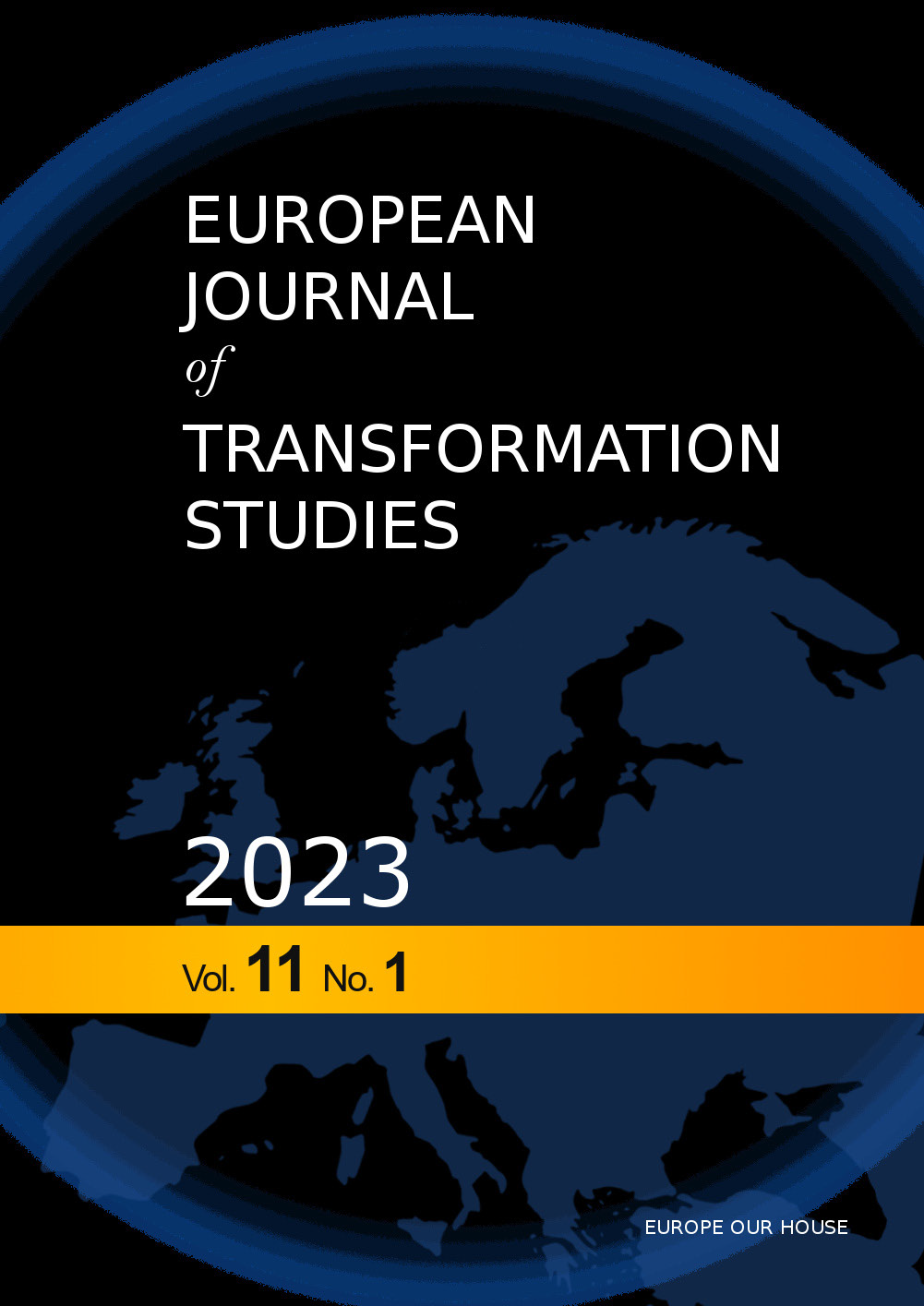Related National-Economic Impacts and Particularities of the Consumption taxation (Case of the Slovak Republic)
Słowa kluczowe:
Excise Duty, Alcoholic Beverages Consumption, Domestic ProductionAbstrakt
Goods burdened by excise duty are liable to tax already when they are produced, transported or imported. Together with the increase in the tax rate and the state budget revenue there occurs an expected decrease in domestic production of a given commodity, which also affects the related sectors. It should be compensated by increasing imports, which will be reflected in a negative trade balance and lead to other economic consequences. The political and legal implications should also be taken into consideration, as excise duties are highly harmonised. The main objective of the paper is to analyse excise duties on alcoholic beverages in relation to selected macroeconomic indicators in the Slovak Republic. The comparative analyses were carried out to capture the evolution of individual quantities and their changes over a period of time, highlighting the breakthrough periods. Our research shows that a positive relationship may not always be observed between total consumption of alcoholic beverages and revenue from excise duty on alcoholic beverages. The paper concludes with the outline of political and social recommendations for practice in the field of alcoholic beverage taxation.
Downloads
Bibliografia
Belkovicsová, D., Boór, M., (2021), Quantification of the Optimal Level of Fiscal Decentral-ization in OECD Countries, Politická ekonomie, 69 (5), 595-618. doi: 10.18267/j.polek.1326.
Central Control and Testing Institute in Agriculture, (ÚKSÚP, 2018), Vineyard Register, Available at: https://www.uksup.sk/ovv-vinohradnicky-register.
Colen, L., Swinnen, J. F. M., (2010), Beer Drinking Nations - The Determinants of Global Beer Consumption. In LICOS Discussion Paper Series, Discussion Paper 270/2010. Available at: http://ssrn.com/abstract=1752829.
Heien, D., Pompelli, G., (1989), The Demand for Alcoholic Beverages: Economic and De-mographic Effects, Southern Economic Journal, 55(3), 759-770. https://doi.org/10.2307/1059587.
Ihnatišinová, D., (2021), Digitalization of Tax Administration Communication Under the Effect of Global Megatrends of the Digital Age, In Globalization and Its Socio-Economic Con-sequences 2020: The 20th International Scientific Conference. Žilina: University of Žilina, 2021. ISSN 2261-2424. 1-10 online.
Lockwood, B., Migali, G., (2009), Did the Single Market Cause Competition in Excise Taxes? Evidence from EU Countries, The Economic Journal, 119 (536), 406-429. Available at: https://doi.org/10.1111/j.1468-0297.2008.02235.x.
Ministry of Agriculture and Rural Development of the Slovak Republic (MPRV SR) and Na-tional Agricultural and Food Centre – Research Institute of Agriculture and Food Eco-nomics (NAFC-RIAFE), (2022), Reports on Agriculture and Food Sector in the Slovak Re-public (Green Reports 2009-2021). Available at: https://www.mpsr.sk/index.php?navID=122.
Mullahy, J., Sindelar, J. L., (2000), Health, Income, and Risk Aversion: Assessing Some Welfare Costs of Alcoholism and Poor Health. NBER Working Paper No. w4649, University of Wisconsin, Madison, Department of Population Health Sciences and Yale University - School of Public Health. Available at: http://papers.ssrn.com/sol3/papers.cfm?abstract_id=254535.
Prammer, D., (2011), Quality of Taxation and The Crisis: Tax Shifts from a Growth Per-spective, Taxation papers, Working paper No. 29, Directorate General Taxation and Cus-toms.
Union, European Commission. Available at: https://taxation-customs.ec.europa.eu/system/files/2016-09/taxation_paper_29_en.pdf.
Rogoff, K., (2019), Could a Progressive Consumption Tax Reduce Wealth Inequality? in World Economic Forum, 17/09/2019. [online]. Available at: https://www.weforum.org/agenda/2019/09/the-benefits-of-a-progressive-consumption-tax.
Sassi, F., Belloni, A., Capobianco, Ch., Alemanno, A., (2014), Taxation and Economic In-centives on Health-Related Commodities: Alcohol, Tobacco and Food, HEC Paris Research Paper No. LAW-2014-1038. Available at: https://papers.ssrn.com/sol3/papers.cfm?abstract_id=2400930#.
Schultzová, A., (2020), Behavioural Approaches to Tax Collection: The Case of Slovakia, European Journal of Transformation Studies, 8 (2), 210-221.
Statistical Office of the Slovak Republic (ŠÚ SR), 2023. DATAcube Statistics. Available at: https://datacube.statistics.sk/#!/lang/sk/?utm_source=susr_portalHP&utm_medium=page_DATAcube&utm_campaign=DATAcube_portalHP.
Vráblíková, V., (2016), The Impact of Indirect Taxes on Economic Growth, Politická ekonomie, 64 (2), 145-160. doi: 10.18267/j.polek.1060.

 Uniwersyteckie Czasopisma Naukowe
Uniwersyteckie Czasopisma Naukowe



